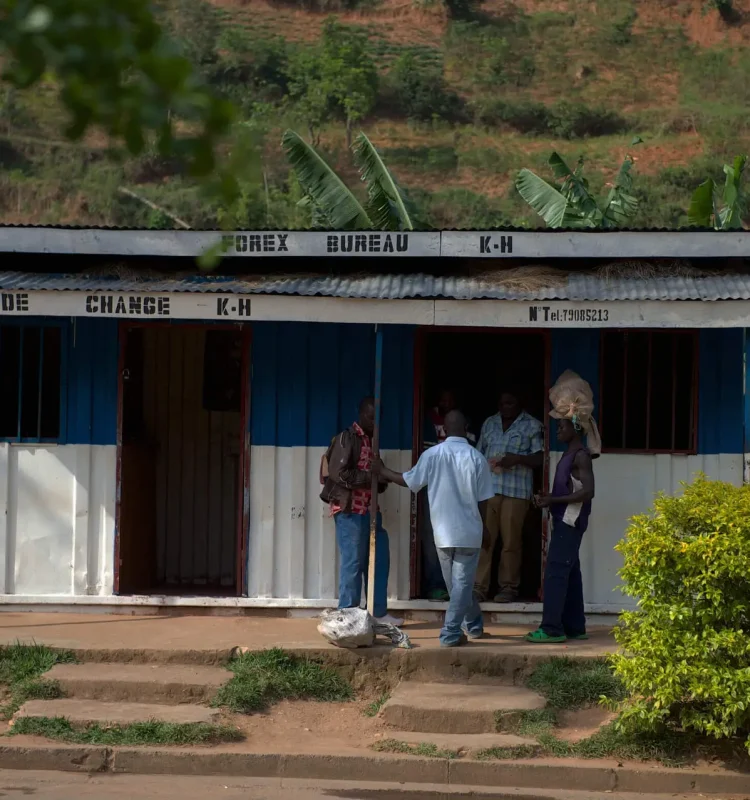Project Brief
eLearning and Knowledge Management System for Ethiopian Horticulture Sector

Implementation Partners
Ethiopian Horticulture Producers and Exporters Association and Ethiopia Agricultural Authority

Implementation Period
2024 – 2027

Project Participants
EHPEA member firms exporting cut flowers, fruits, vegetables and herbs

Funding Partner
European Union via Agence Française de Développement (AFD)

Project Rationale
Ethiopia’s horticulture sector generates around $660 million a year, with flower accounting for 95% of that income. It employs over 200,000 people, most of them women. But growth has been held back by limited access to compliance training, knowledge sharing, and skills development.
This project is designed to tackle those gaps. It will set up practical, scalable e-learning and knowledge management systems so that workers and exporters have the tools they need to stay competitive and meet international standards. By moving training and knowledge exchange online, it will help close shortfalls in quality control, compliance and trade documentation – all of which currently limit export potential. In a sector that depends on information, going digital makes a difference. It means quicker access to the right data, faster and better compliance decisions, and a stronger skills base-particularly for women and young people who make up much of the workforce.
Progress & Milestones
- Contract signed in April 2024.
- Necessary ICT equipment procured and delivered.
- Platform launched in May 2025 and now fully functional and accessible to over 120 member firms and exporters.
- Built-in monitoring of learning outcomes and active compliance metrics.
Implementation Strategy
The project is being delivered in four stages over a two-year period. First, TMA, the Ethiopian Horticulture Producer Exporters Association (EHPEA) and Idaptive Data Fusion Systems, working with EU funding through AFD, co-designed the system with exporters, farm managers and workers to ensure the platform meets sector needs. This included mapping training priorities, defining content standards, and establishing governance protocols under EHPEA’s leadership. Next, developers built an AI-enabled, mobile-accessible platform, integrating a centralised, version-controlled repository for SOPs, compliance documents, multimedia resources and regulatory materials. Peer-learning forums, feedback tools and community-driven content was embedded to encourage sector-wide collaboration. Once the platform was live in March 2025, EHPEA is now leading a structured roll-out, delivering training and onboarding across member farms, supported by real-time content updates to reflect changing standards and policies. Two years of technical support have been be built in, with an optional capped-cost extension, ensuring the system remains sustainable without proprietary licensing fees.

